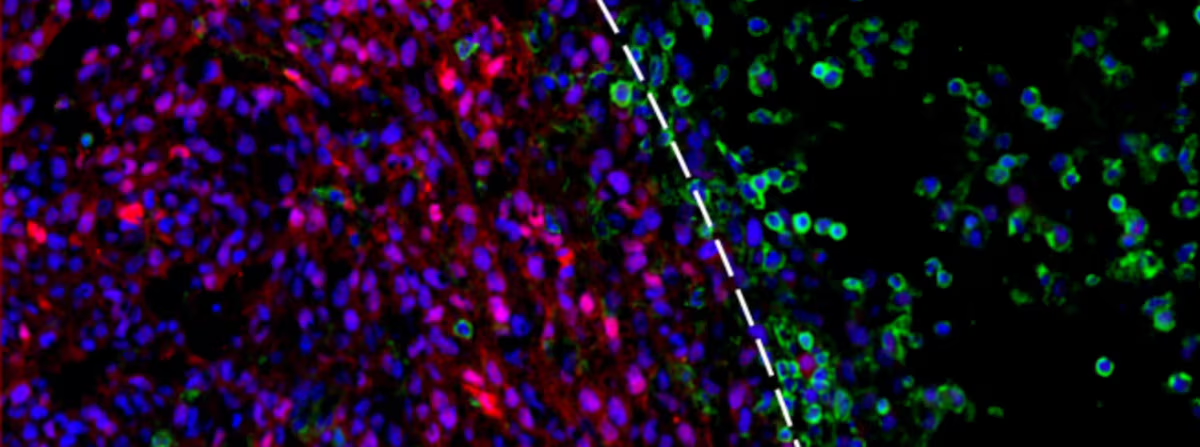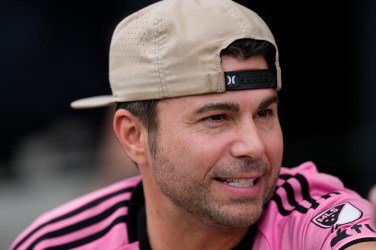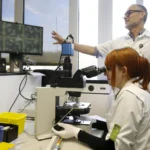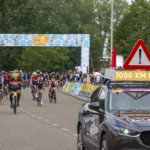Scientists at the VIB-KU Leuven Center for Cancer Biology have discovered that natural killer (NK) cells can obstruct the immune response in patients who do not benefit from checkpoint immunotherapy. The findings, published in Cancer Discovery, offer a new explanation for why roughly half of melanoma patients fail to respond to immune checkpoint blockade (ICB) treatment.
Using state-of-the-art spatial omics technology, the team mapped the locations of immune cells within tumour samples taken from melanoma patients before and after ICB therapy. In patients who did not respond to the therapy, they observed a concentration of cytotoxic natural killer (NK) cells — which are usually considered to be allies in the fight against cancer — lingering at the tumour’s periphery and effectively blocking access to CD8 T cells. These cells are crucial for attacking cancer. In contrast, tumours that responded positively showed both NK and CD8 T cells working together within the tumour bed.
Improved outcomes
Follow-up experiments in mouse models confirmed the ‘gatekeeping’ effect. When NK cells were either removed or their CX3CR1 receptor was blocked, CD8 T cells were able to infiltrate the tumour and ICB treatment became effective. These results suggest that targeting NK cells or their signalling pathways could improve the outcomes of immunotherapy in resistant cancers.
The study is part of the Pointillism project, which is funded by VIB’s Grand Challenges Programme. The project uses spatial and single-cell profiling to identify predictive biomarkers for successful therapy. The next phase, Pointillism 2.0, aims to develop a blood-based panel of biomarkers to quickly identify patients who are likely to benefit from ICB. This could potentially expand treatment options for hard-to-treat cancers.










